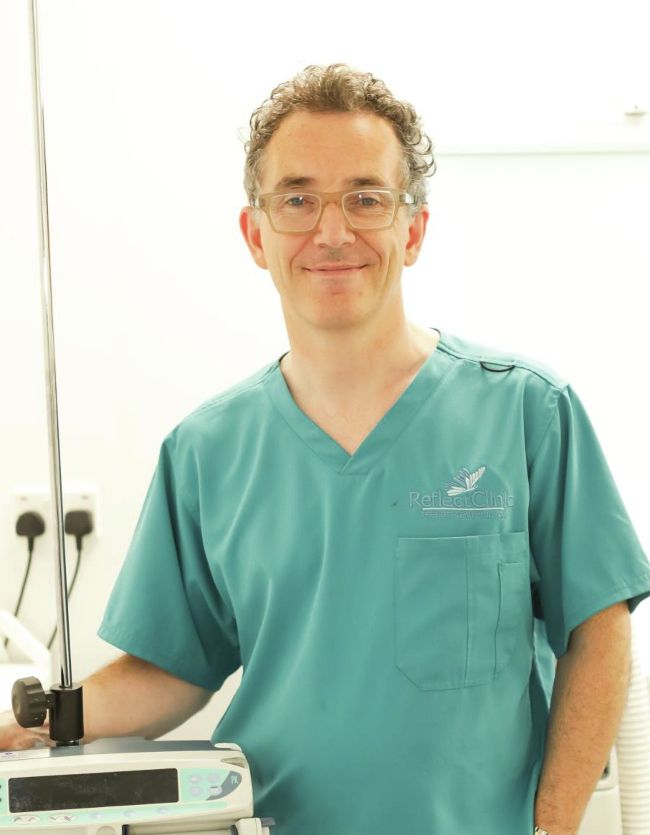Recognising cosmetic surgery addiction in patients
As Katie Price undergoes further procedures, Gerard Lambe warns of the risks involved

Gerard Lambe
Recent images of Katie Price, showing post-surgery bandages following her latest cosmetic procedures, have reignited concerns over the prevalence of surgery addiction and body dysmorphia. Consultant plastic surgeon Gerard Lambe, a spokesperson for the British Association of Aesthetic Plastic Surgeons (BAAPS), has warned of the serious risks involved when repeated cosmetic procedures are sought without clinical justification.
Price, who has reportedly undergone her sixth facelift along with additional procedures, exemplifies a worrying trend among patients displaying signs of surgery addiction. "I am gravely concerned for Katie, as she is clearly showing signs of severe body dysmorphia and a compulsive drive for surgical intervention," says Lambe. "Body dysmorphia is a debilitating psychiatric condition, and repeated cosmetic surgery often reinforces a distorted self-perception rather than addressing the underlying issue."
RECOGNISING SURGERY ADDICTION IN PATIENTS
Surgery addiction, often linked to body dysmorphic disorder (BDD), is a psychological condition in which individuals develop an obsessive preoccupation with perceived physical flaws, frequently seeking surgical correction. As medical practitioners, recognising the warning signs in patients is crucial:
• Repeated requests for unnecessary procedures – Patients may frequently seek surgery despite minimal or imperceptible imperfections.
• Dissatisfaction with previous procedures – A history of multiple revisions or dissatisfaction postoperatively can indicate an underlying psychological issue.
• Unrealistic expectations – Patients may believe surgery will drastically alter their lives or solve personal problems.
• Fixation on specific features – A disproportionate focus on particular areas of the body, often accompanied by compulsive mirror-checking or social withdrawal.
• Seeking surgery from multiple providers – A tendency to visit different surgeons to bypass ethical concerns or repeated refusals.
THE DANGERS OF SURGERY TOURISM
Price’s latest procedures were reportedly performed abroad, a practice that continues to pose significant risks for patients. Surgery tourism often circumvents the stringent safety measures in place within the UK, exposing patients to lower clinical standards, unregulated post-operative care, and increased risk of complications.
Lambe warns: "Clinicians must be particularly vigilant when treating patients who seek multiple procedures overseas. Many return with complications that require urgent correction, often unaware that their procedures were not covered by standard medical insurance."
ETHICAL RESPONSIBILITIES OF PRACTITIONERS
As aesthetic practitioners, it is imperative to act in the best interests of the patient, prioritising psychological screening and responsible surgical planning. Referring patients exhibiting signs of BDD or surgery addiction to a mental health specialist can be crucial in preventing further harm.
"Tragically, patients with body dysmorphic disorder are more likely to develop a compulsive reliance on surgery," Lambe adds. "Ethical practice demands that we recognise and address these concerns rather than facilitate them."